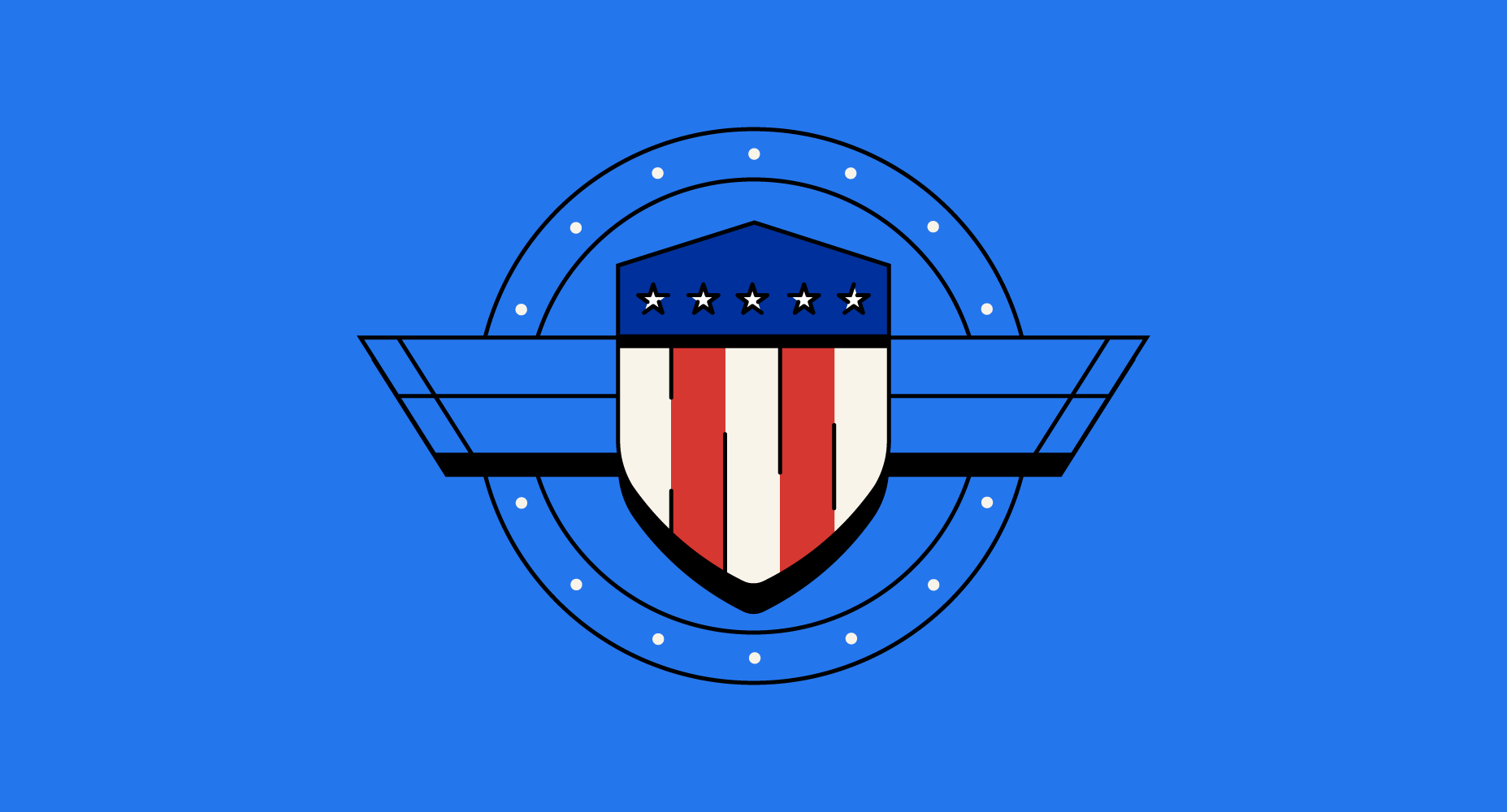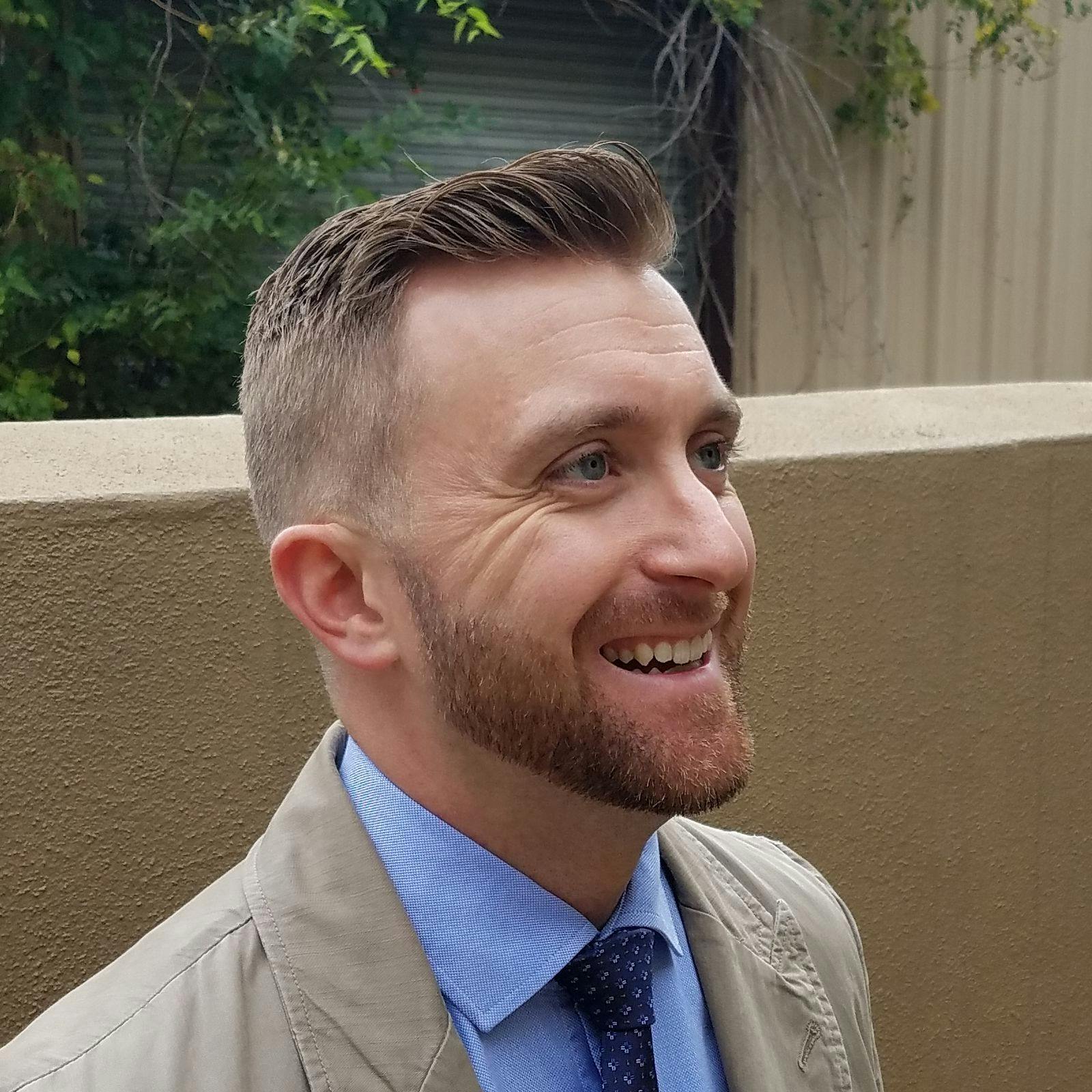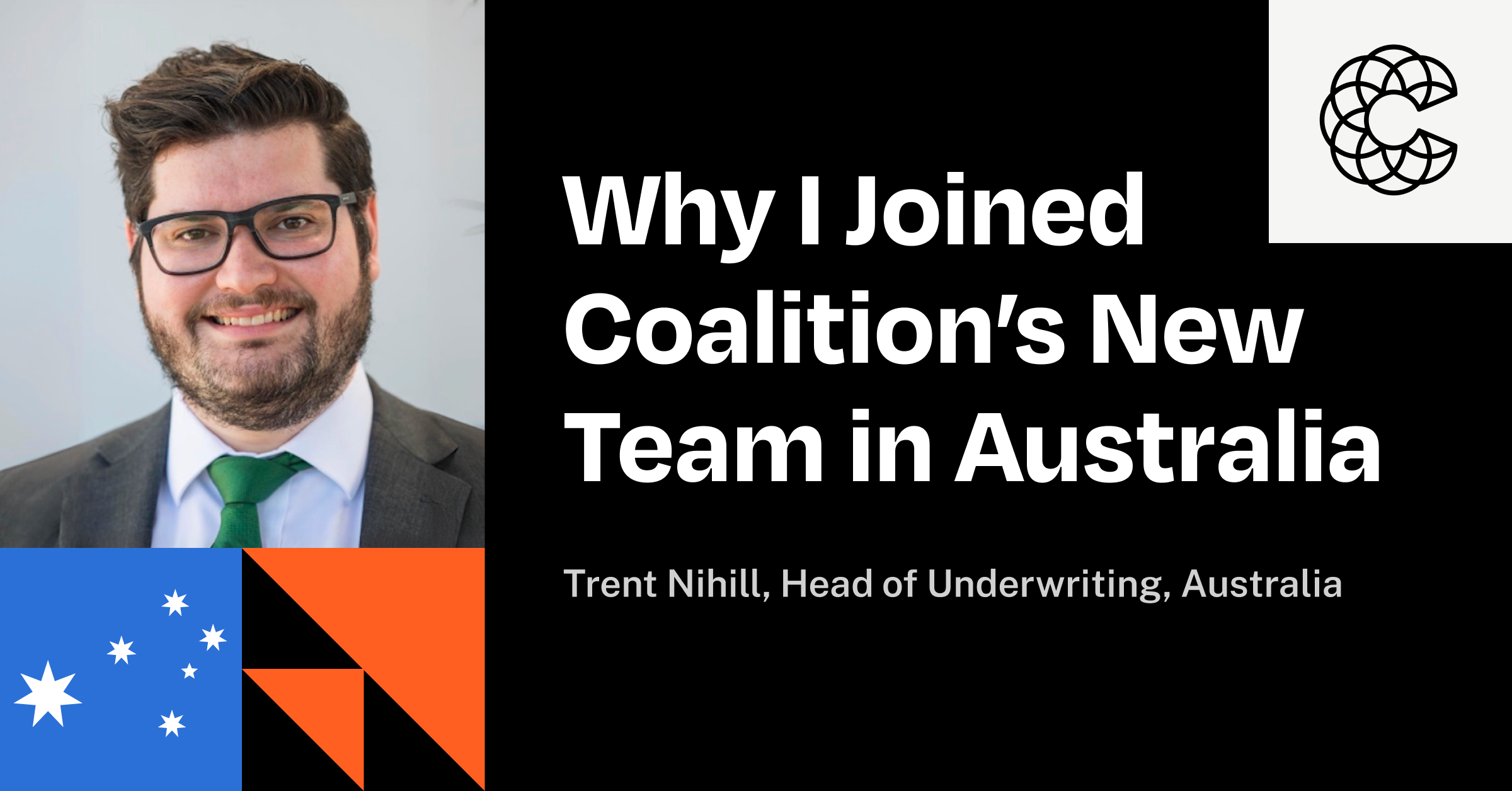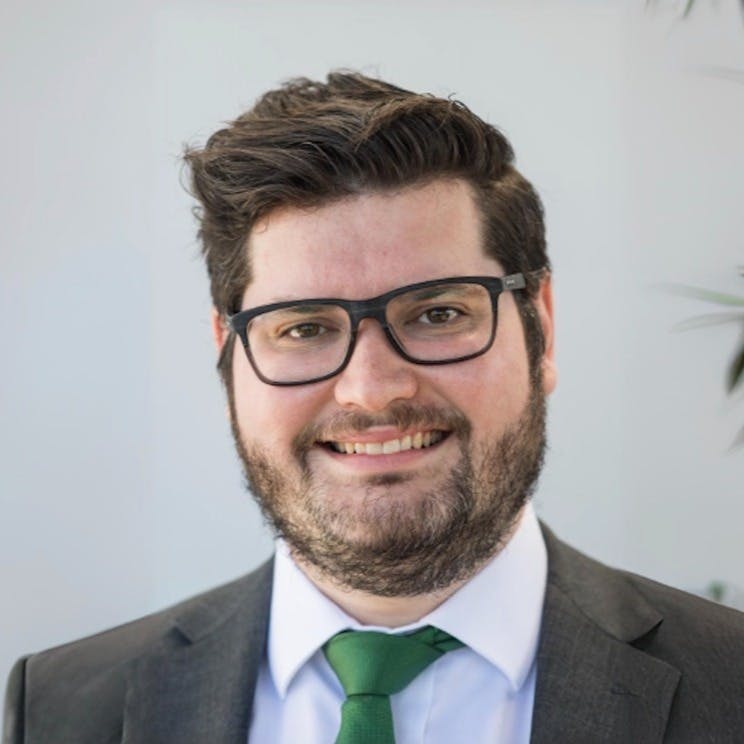Celebrating service: Coalition acknowledges our veterans

There are an estiand Canada. Each year on November 11, we take a moment to reflect and celebrate their accomplishments and sacrifices for Veterans Day in the US and Remembrance Day in Canada. This year, Coalition is spotlighting some of th
e, or a family tradition passed down through generations. We wanted to understand if our colleagues came from a long history of service or decided to join based on external factors and events.
It was a combination of factors: I grew up in a military family. An ROTC scholarship made it possible to go to the college I wanted to attend and guaranteed me a job when I graduated. Also, I liked the idea of public service, then and now. – Chris Hendricks, Head of Incident
My grandfathers were World War II veterans, but I never really knew much about that until I joined the Army. I grew up in San Diego, and my father worked for the Department of Defense for 32 years. I was in my first year of college, working three jobs to pay for classes, and I got in touch with some friends in the California National Guard. I wanted to get out of my hometown, I wanted some adventure, and I wanted to challenge myself. – Ryan Gregory, Security Support Center Lead My father was in the Navy, and I was a kid in need of discipline. Military service seemed exciting, and then 9/11 happened. I had already signed the paperwork, and like everyone else, I had many patriotic feelings. These feelings carried through into training and my first duty station. – Ian Nelson, Lead Principal Engineer I joined the military because all my life, I’ve recognized that freedom isn’t free and will always have a cost, so it was a desire to serve my country. – Brad Hornback, Security Analyst.
From service to solving cyber risk
We wanted to know how our veterans came to work for Coalition and if their military careers and training made the journey into cybersecurity easier.
Before joining the military, I was a custodian and part-time special education teacher. When I joined the military, I wanted to focus on a career opportunity that would stand the test of time and be something I’d never done before, so I chose cybersecurity. All the military training and experience I received was brought with me to Coalition. My understanding of cybersecurity, my skill set, and my analysis techniques come directly from military service. – Brad Hornback, Security Analyst
When I left the military, I worked in cyber network defense (CND) for the VA. This was my first job as a civilian working in cybersecurity, and I never wanted to do anything else after that job. So when I interviewed with Jason Kahn, I was excited about Coalition and the next-level work of Binary Edge. – Zolton Williams, Senior Security Analyst
On my last tour to Afghanistan in 2010, I suffered a spinal injury while getting a wounded battle buddy to safety. When I came home, I had to make a tough choice to change career paths. There weren't many resources for transitioning vets at that time, so I leaned on my GI Bill to get my Associates in Network Systems Administration. At the same time, I also went through physical therapy and surgeries on my back. Unfortunately, there weren't many cybersecurity degrees at the time. However, I quickly discovered that I had a knack for cybersecurity and compliance in my first help desk role. Coalition was the first opportunity in my career where I could finally specialize, flex my investigative muscles, and be surrounded by a group of individuals and clients with a shared goal to improve cyber risk and security. The one thing that I've missed from being in the military has been the esprit de corps (community), and Coalition has done a great job at providing that again. – Ryan Gregory, Security Support Center Lead
After I got out, I went back to my hometown and figured things out. I received a call from a friend about opportunities with the DoD and National Security Agency, making significantly more than I had in the military. Eventually, I met Joshua Motta at a previous job, and we started talking about how to turn security data into information that was more quantifiable as risk. I finished some things I was working on and came to Coalition shortly after the company was founded, and I’m still here. – Ian Nelson, Lead Principal Engineer My last military job involved investigating computer crimes, and we worked many cases where private incident response companies were helping the victims and conducting the actual technical response work. We investigators would arrive later and often depended on evidence collected by those IR teams. They were having as much of a national security impact as I was, perhaps more — so when a veteran-friendly company gave me a chance to join them, I jumped. Moving to Coalition was another step on the same journey: seeking a chance to make a more significant impact, this time to more customers and across more of the risk lifecycle. I'm grateful for the opportunity. – Chris Hendricks, Head of Incident Response
Leadership experience, unique skills transition into civilian life
Coalition values diversity, and the unique perspectives each individual brings. We wanted to understand how serving in the military, including the training and leadership opportunities they received, benefited our veterans and their work in cybersecurity and cyber insurance.
My work in intelligence started migrating toward offensive and defensive cyber as things changed in the world around me, and I was riding the wave of that transition. Moving from a DoD civilian to NSA to the private sector expanded my view of the horizon and what possibilities for cyber looked like. However, the most significant benefit of my military experience was giving me the ability to see that offense and defense fail, regardless of whether it's the government or the private sector. While leadership skills don’t always map to the private sector the way you want to, it's important to realize how valuable they are once you leave the military. – Ian Nelson, Lead Principal Engineer
I was shot at! Basically, I can think calmly as long as I do not have a rifle pointed at me. This generally keeps me from losing my cool during incidents or working with verbose customers. – Zolton Williams, Senior Security Analyst
In many ways, but education and training stand out. The Air Force underwrote my undergraduate and graduate computer science education through my cybersecurity training and certifications. I'd never be where I am without that investment. – Chris Hendricks, Head of Incident Response
My first job outside of the Army was a help desk technician for retail environments. I quickly found that my skills as an investigator, problem-solving abilities as a multi-purpose tool for the ARMY, ability to assess risk outside of the box and leadership experiences made me a valuable asset to any organization. – Ryan Gregory, Security Support Center Lead
Making the transition back to civilian life
Lastly, we asked our veterans what advice they may have for others transitioning out of the service. While their perspectives varied, each veteran expressed empathy for those separating and the difficulty of transitioning back to civilian life.
Don't be afraid to fail or of what you don't know. Each of you has at least made it through basic training and your job schools in shorter times and often under more stress than your civilian counterparts. Get in the trenches, fall on your face as much as you can as often as you can. You will excel in the end because you know how to dust yourself off and continue forward. Keep learning something new and get out of your comfort zone. Most importantly, make sure that you also take time to focus on yourself and your loved ones. Take vacations, travel, get some sunlight every day and make sure to have fun. – Ryan Gregory, Security Support Center Lead
The structure of the military conditions its members to think "there's a system for that," and everyone wears their seniority and expertise literally on their sleeves. When you leave, I recommend focusing on relationships: talk to people who went before you—also, practice describing your unique value out of uniform. – Chris Hendricks, Head of Incident Response
My advice for other service members transitioning would be to hold onto hope, as sometimes it’s hard to wait for organizations to translate a military member’s skill set. Also, remember that what you’ve done for the country and experienced during your time in service could help younger service members navigate their current service where encouragement, wisdom, and advice can go far for others. – Brad Hornback, Security Analyst
If you have friends or family to lean on and help you, take them up on it. If you don’t think you have help, you do — the VA is there to help, and there are a lot of VA-related organizations in small towns. You always have help; you just have to ask. Take a little break, if you can, on your transition. Having a clear set of thoughts and a break will go a long way. – Ian Nelson, Lead Principal Engineer
Start looking at jobs when you have one year left. Reach out to veterans via LinkedIn about the actual work and honestly give yourself three to six months off after service to transition back to civilian life. – Zolton Williams, Senior Security Analyst
Everyone’s lived experiences are different. It can be challenging to share a piece of yourself. We value and respect our veteran Coalition members for sharing their personal experiences and perspectives








